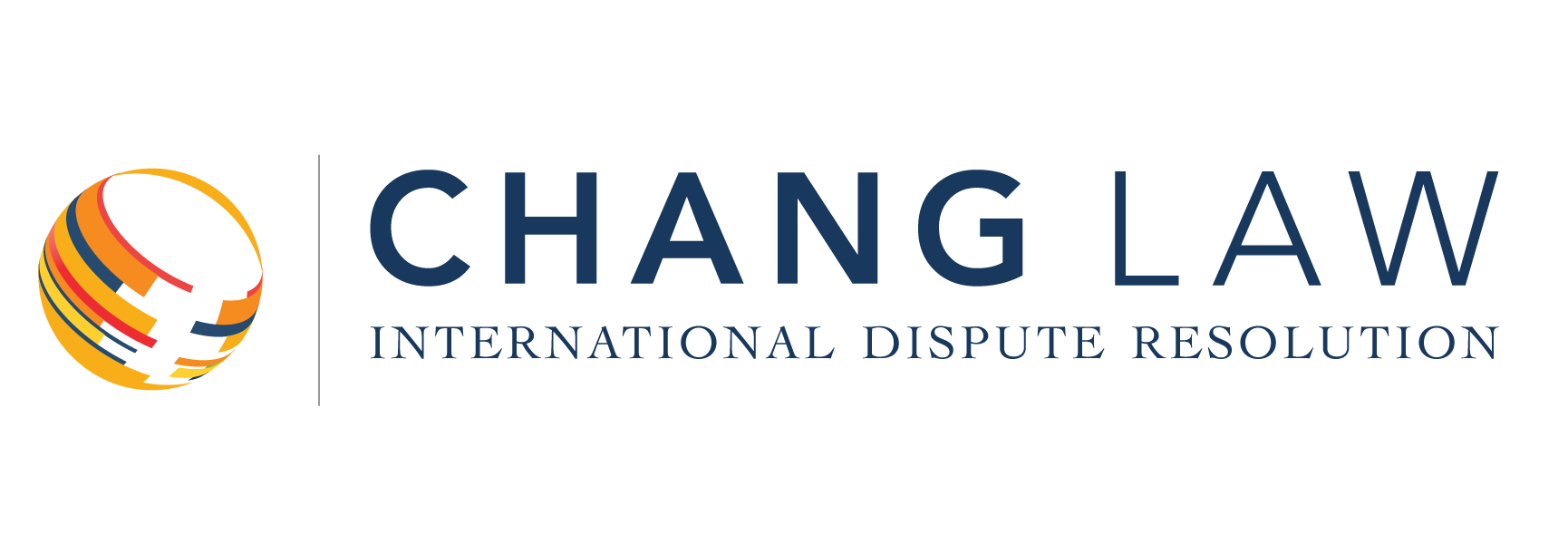
Sweden’s newly revised Arbitration Act, passed on November 21, 2018, went into effect on March 1, 2019. An English translation can be found here. The revisions aim to modernize Sweden’s arbitral systems to maintain and support the country’s bustling international and domestic arbitration industry. The changes are meant to enhance efficiency and transparency in Swedish arbitrations. Although the revisions will probably not dramatically change arbitrations in the country, the following descriptions highlight key amendments to the previous 1999 Arbitration Act.
Jurisdictional Objections: The 1999 Act allowed parties to object to jurisdiction by bringing a declaratory action to the District Court either before or during an arbitration, but the arbitration would proceed simultaneously to the court proceeding. The revised Act allows a declaratory action only prior to commencement of the arbitration, unless the opposing party does not object to a concurrent court proceeding. If the tribunal decides that it does have jurisdiction over the case, that decision may only be appealed to the Court of Appeal within 30 days. If a party judicially appeals, the arbitration continues concurrently. If the appeal is not brought within the new 30-day time limit, the jurisdiction decision is final.
Tribunal Appointment: In multi-party arbitrations, where the parties have not previously agreed otherwise and upon request by one of the parties, the District Court will appoint the entire tribunal and has the power to release any previously appointed arbitrators. This may be a rare situation however, because parties that have agreed to certain sets of arbitration rules, such as ICC Rules, have default provisions concerning arbitral appointments; therefore, the District Court would not have the power to intervene.
Consolidation of Arbitrations: The 1999 Act did not address consolidation of multiple related arbitrations, but the revisions now allow a party to request consolidation by the District Court when the following three conditions are satisfied: (1) the parties agree, or no party objects, (2) the same arbitrators are appointed, and (3) consolidation would be beneficial. The District Court also has the power to separate arbitral proceedings if justified. Similarly to the revised tribunal appointment section, the court’s new power to consolidate must be considered in light of any consolidation provisions in the Arbitral Rules previously agreed upon by the parties.
Applicable Substantive Law: The revised Act first and foremost respects party autonomy by requiring an arbitral tribunal to apply the substantive law or set of legal rules that the parties previously agreed to. However, when parties have not agreed, the revised Act allows arbitrators to decide what substantive law will apply. The Act does not mandate howthe arbitrators shall come to their conclusion but does note that the tribunal may only decide the dispute ex aequo et bonoif the parties have authorized the tribunal to do so.
Termination: The 1999 Act required any commenced arbitration be terminated only by an Award. The revised Act grants more flexibility by allowing arbitrators to dismiss a case in the form of a decision, but any provision of the revised Act that concerns an arbitral award, also applies to such decisions.
Challenging an Award: The 1999 Act included excess of mandate as grounds for setting aside an award. The revised Act also includes excess of mandate as sufficient grounds, but only when the outcome of the dispute was affected by the alleged excess of mandate. For any challenge to be brought, the revised Act decreases the time limit from three months to two months after receipt of the Award. This two-month time limit also applies to contested terminated decisions and disputes concerning arbitrator compensation. Lastly, the revised Act allows the Supreme Court to limit its examination to issues of precedential value by requiring leave for appeal and allowing the Court to determine which issues it will decide.
This new legislation applies to any arbitrations seated in Sweden and initiated after March 1, 2019. The SCC and the Swedish Arbitration Association are hosting a half-day conference on May 20, 2019 to discuss the revisions and other developments in Swedish Arbitration. For more information about the conference, email info@swedisharbitration.se.
